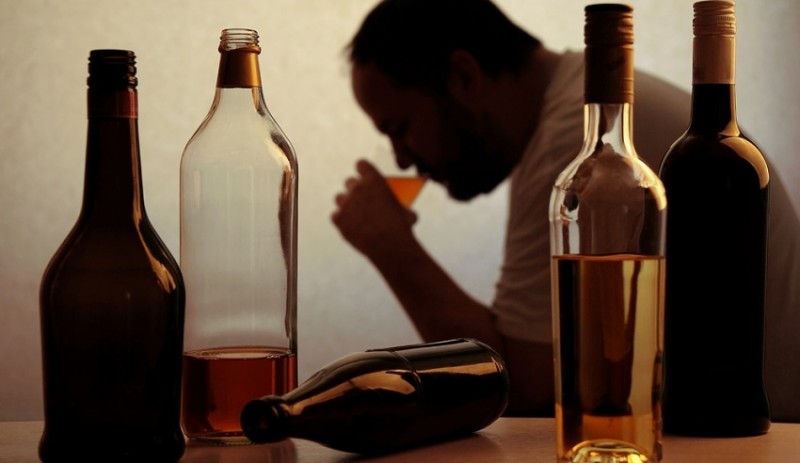
A new study conducted by researchers from the University of Michigan has shed light on the impact of alcohol consumption on individuals with bipolar disorder. According to their findings, people who consume above-average amounts of alcohol are at a higher risk of experiencing worsened symptoms of bipolar disorder, including depressive episodes and mood swings.
Bipolar disorder is a mental health condition characterized by extreme mood swings that include emotional highs (mania or hypomania) and lows (depression). It affects millions of people worldwide and can significantly impair daily functioning and quality of life.
Understanding the Study
The study, conducted by researchers at the University of Michigan, examined the relationship between alcohol consumption and bipolar disorder symptoms. It found that individuals who consume higher amounts of alcohol are more likely to experience:
Depressive Symptoms: Alcohol consumption was strongly associated with an increased likelihood of depressive episodes in individuals with bipolar disorder. This includes feelings of sadness, hopelessness, fatigue, and loss of interest in activities.
Mood Swings: Those who drank excessively also reported more frequent and severe mood swings. These mood swings can range from manic or hypomanic episodes (marked by elevated mood, increased energy, and impulsivity) to depressive episodes.
Implications for Bipolar Disorder Patients
For individuals living with bipolar disorder, managing alcohol consumption is crucial to their overall well-being. Alcohol can disrupt mood stability and exacerbate symptoms, making it harder to manage the condition effectively. The study underscores the importance of:
Limiting Alcohol Consumption: People with bipolar disorder should aim to limit or avoid alcohol altogether. Even moderate amounts of alcohol can trigger mood swings and worsen symptoms.
Seeking Support: It's essential for individuals with bipolar disorder to seek support from mental health professionals, support groups, and loved ones. This can provide strategies for coping with triggers like alcohol use and help maintain a stable mood.
Medication Adherence: Taking prescribed medications consistently is vital for managing bipolar disorder. Alcohol can interfere with the effectiveness of these medications and increase the risk of adverse effects.
The study from the University of Michigan highlights the detrimental effects of alcohol on individuals with bipolar disorder. It serves as a reminder that alcohol can worsen symptoms of depression and mood swings, which are core features of bipolar disorder. For those living with this condition, minimizing alcohol intake and adhering to treatment plans are critical steps towards managing symptoms and improving quality of life.
National Wine Day 2024: Does Moderate Drinking Really Have Health Benefits?
Understanding the Effects of Heat Stroke on the Brain: Insights from an Expert
Why Women Are More at Risk for Arthritis Than Men, Impact of Menopause?